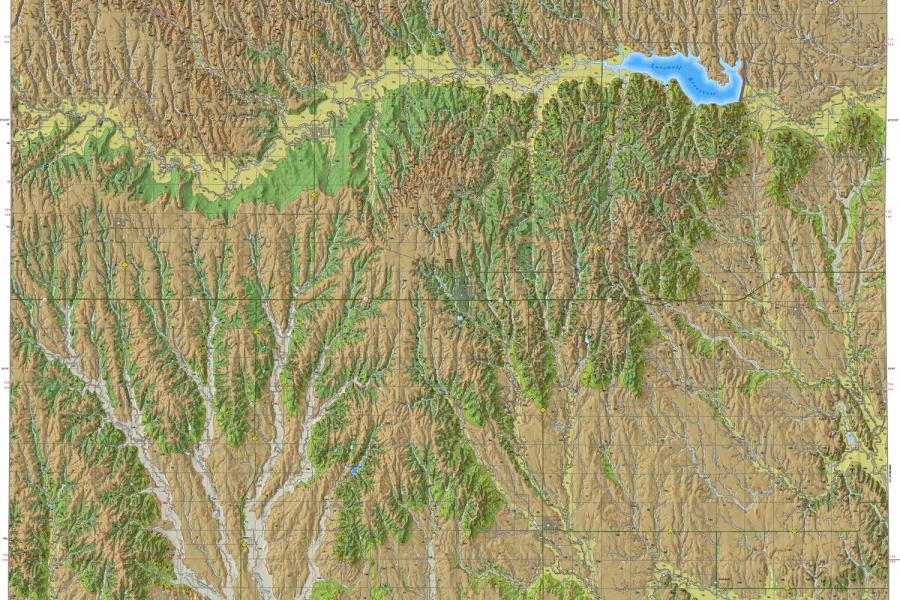
KU Environmental Studies
The Environmental Studies Program provides students with the tools they need to investigate environmental phenomena, including soil sampling and freshwater ecology to policy-making and social science.


"I firmly believe that my experience in a multi-disciplinary undergrad program changed the game for me at KU."
Alex Murray
News from the Program
Students Help Lay Groundwork for Environmental Restoration Project
"Renewing the Blue Provides Real-World Experience for Field Ecology Class." This article appeared in the November 10th, 2025 KUEC News and Events

‘Prairie Prophecy’ documentary shares life, vision of KU alumnus Wes Jackson
A free screening of the documentary “Prairie Prophecy” on Nov. 21 will share the work of innovative scientist, farmer and co-founder of The Land Institute Wes Jackson. A panel discussion with University of Kansas scholars will follow the screening.

Two Views of the Wakarusa: Science Meets Art in the Field
Robert Hagen, recipient of the 2025 Excellence in Conservation and Environmental Education Award, reflects on the power of interdisciplinary learning in his blog post on the KACEE website, highlighting a KU field experience that blended ecological science with artistic expression.

Geologic map for Jewell County now available
The Kansas Geological Survey has released a new full-color geologic map of Jewell County, where an ancient inland sea left rocks rich in fossils, time and erosion created a striking landscape, and excavations reveal evidence of prehistoric people.